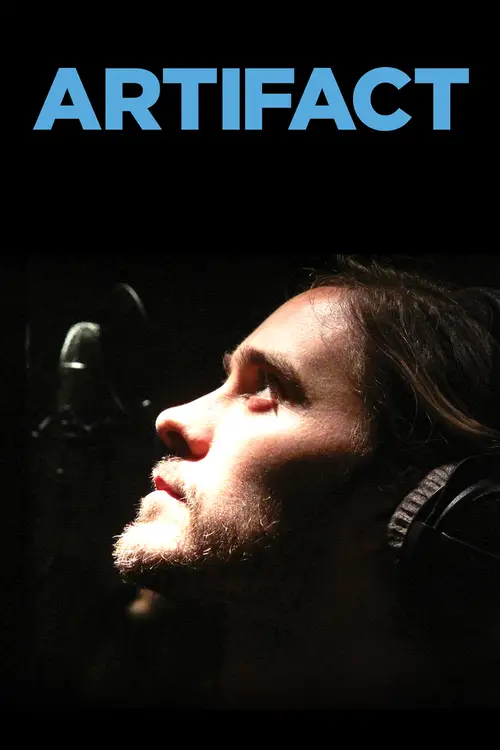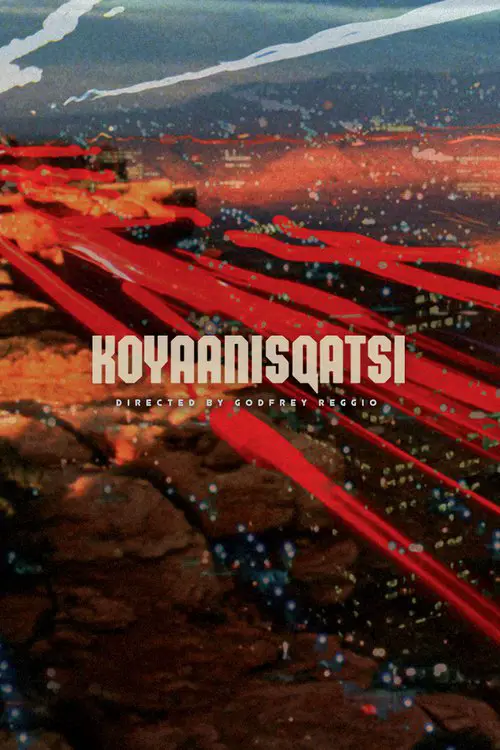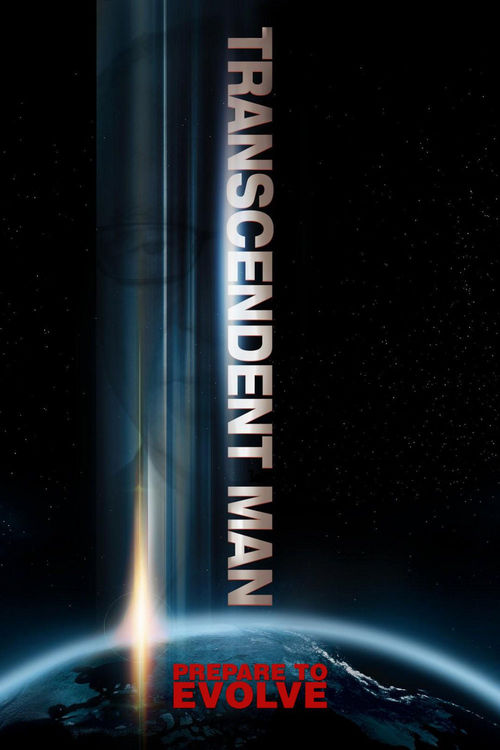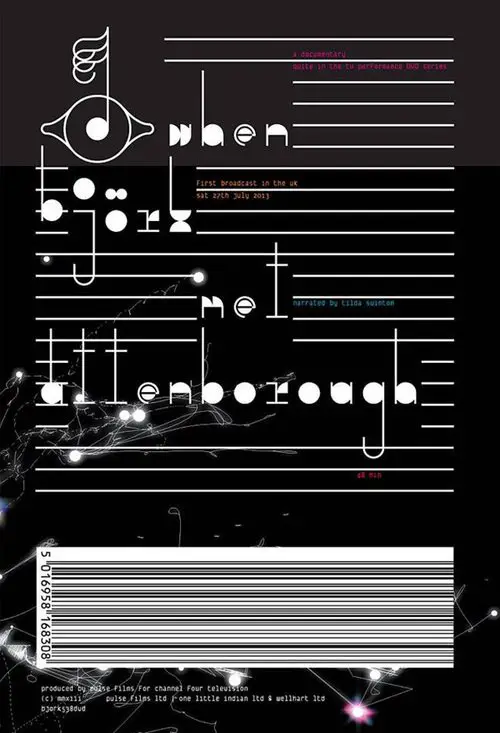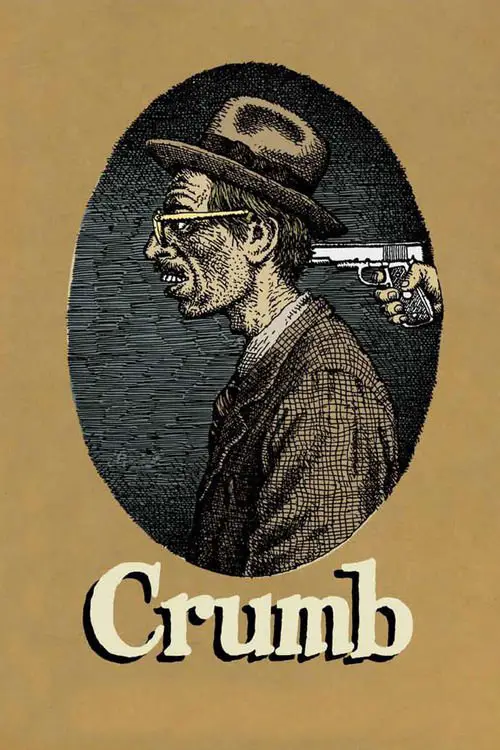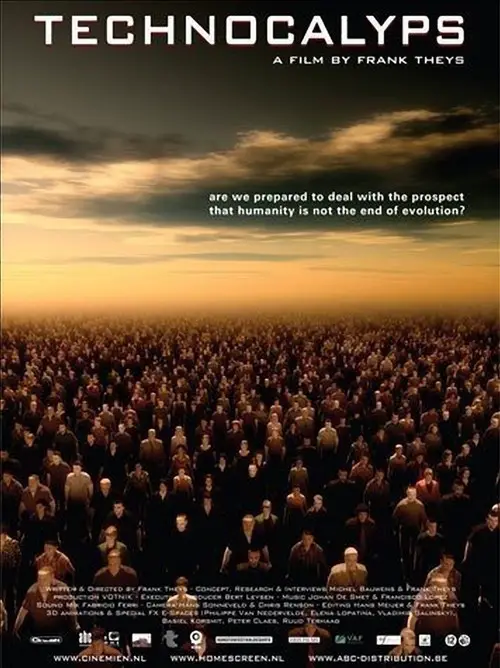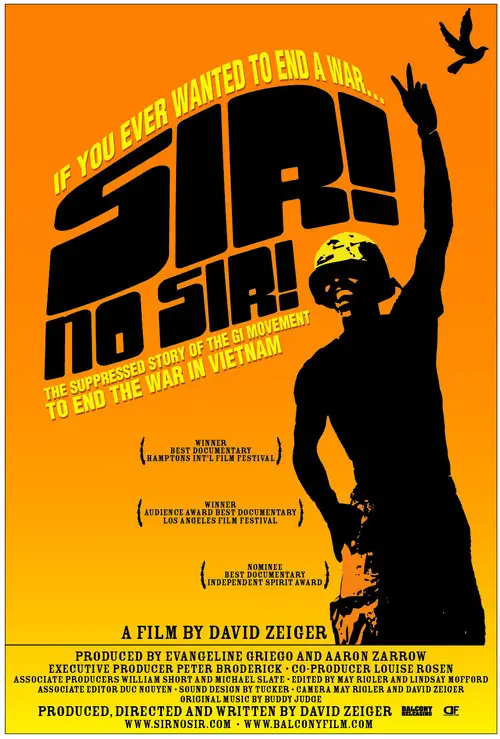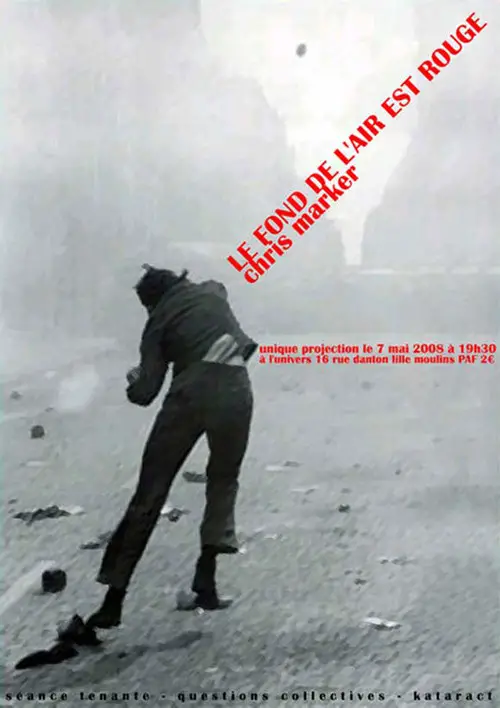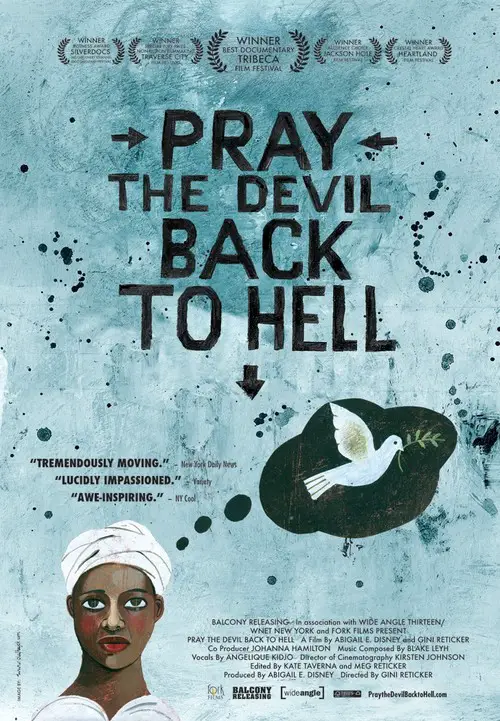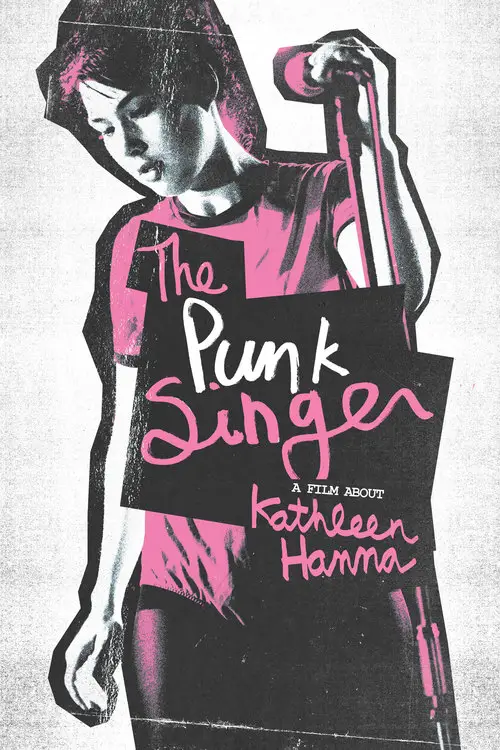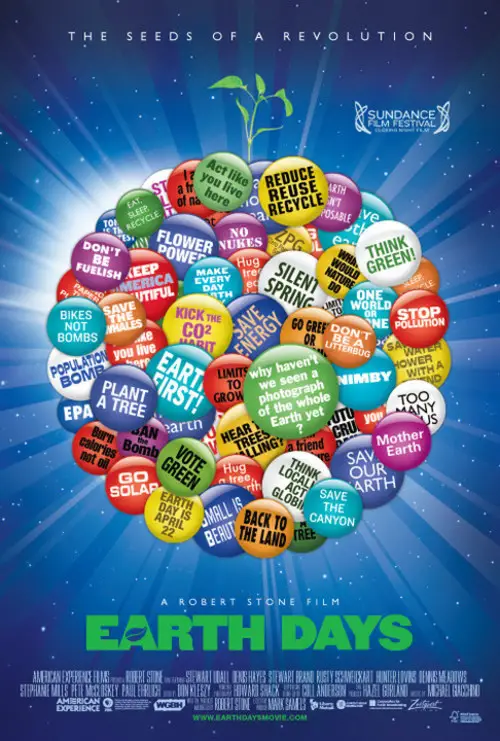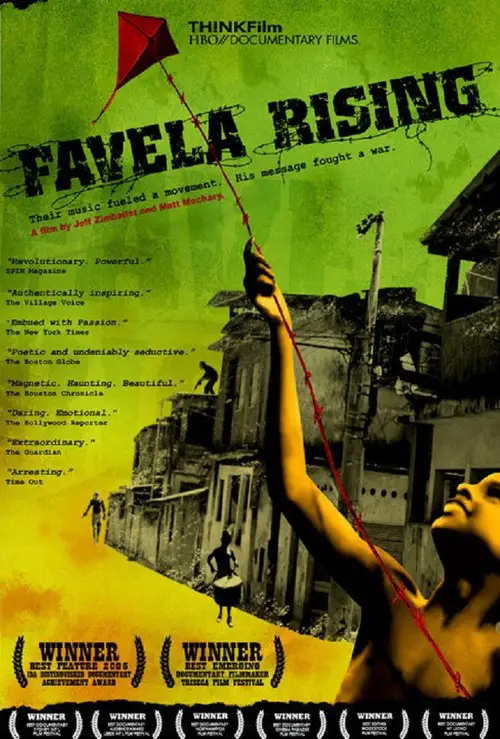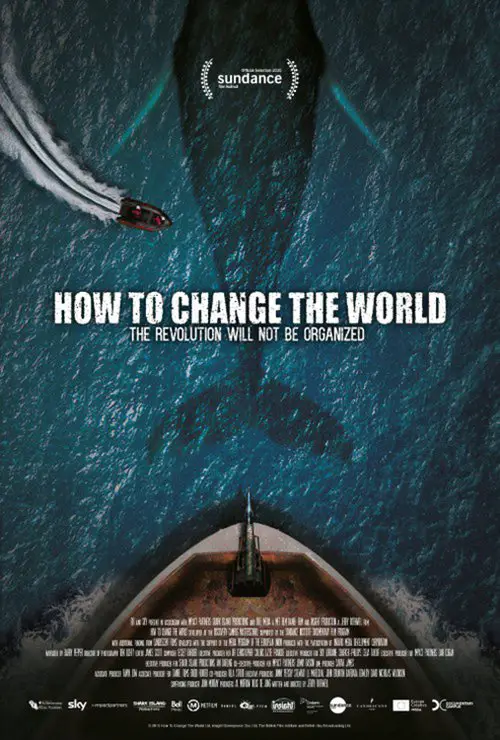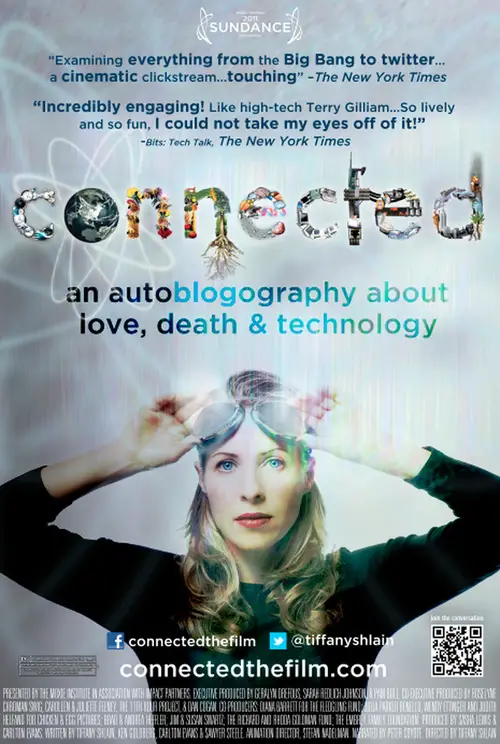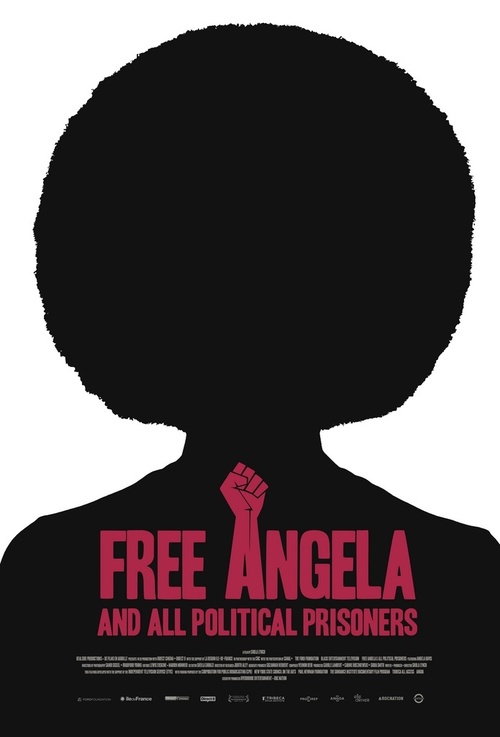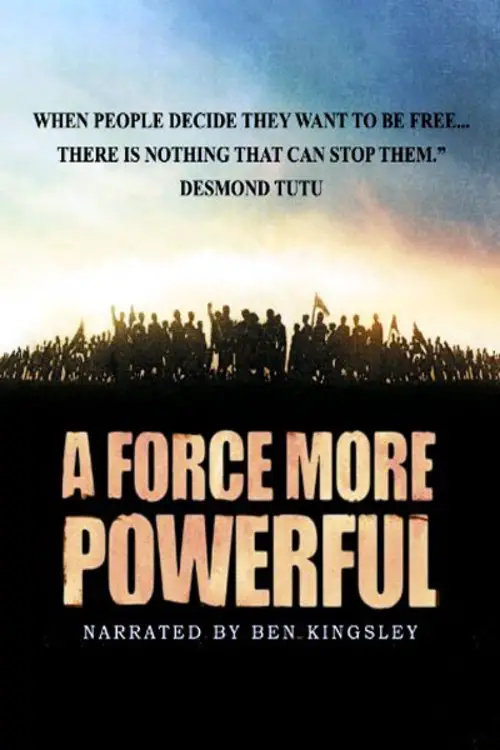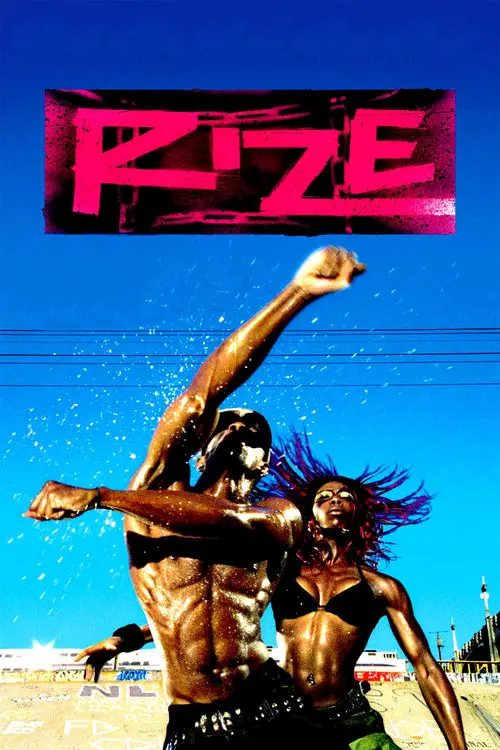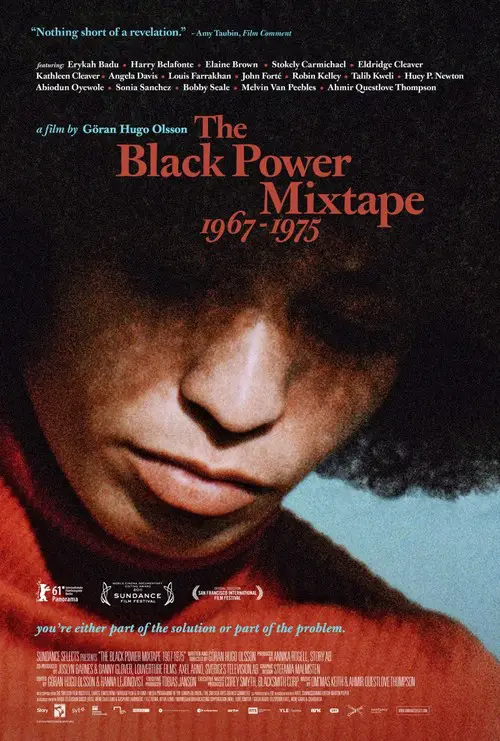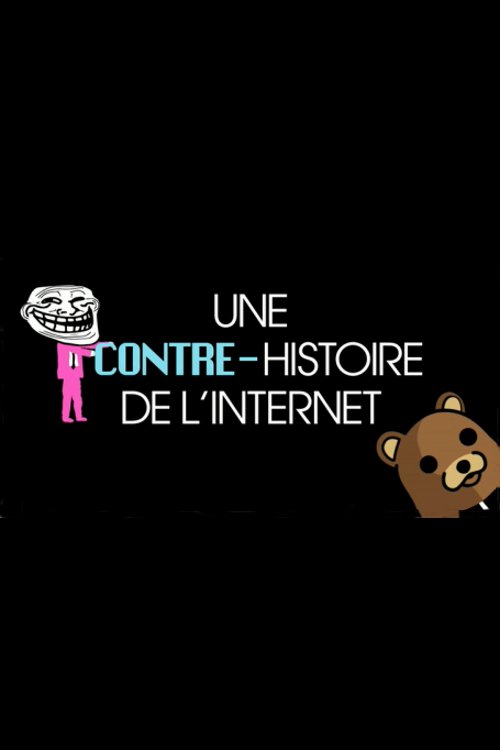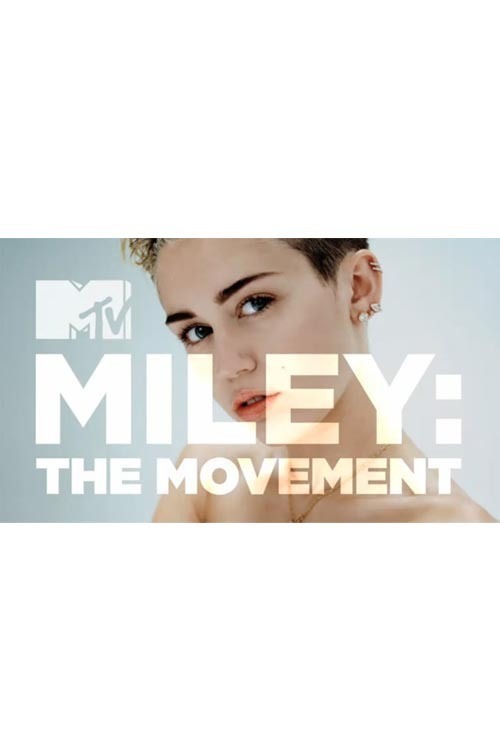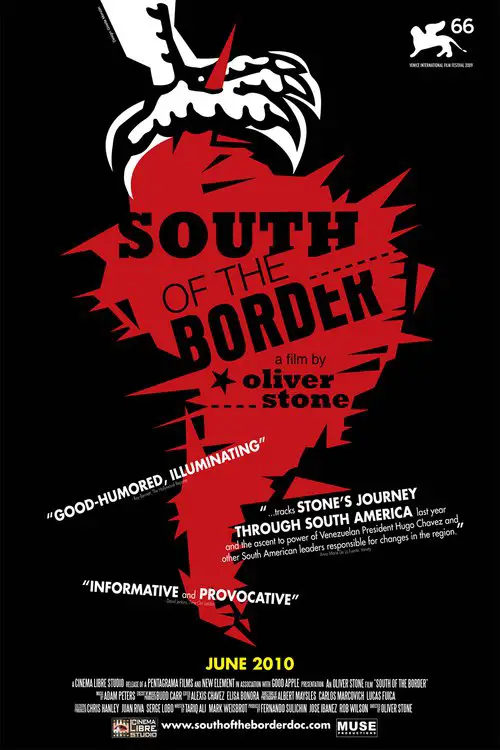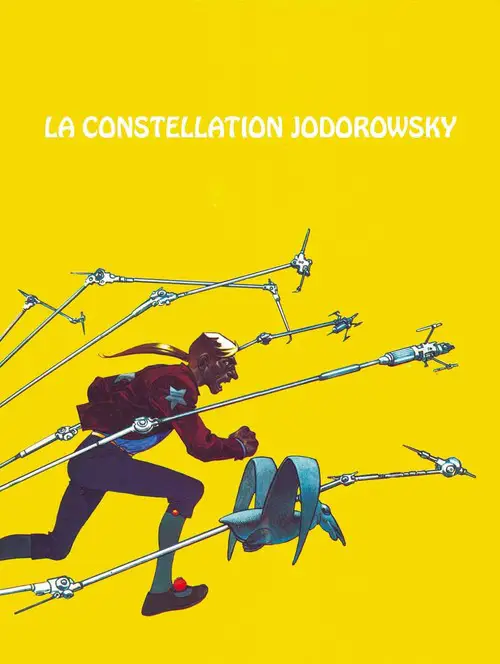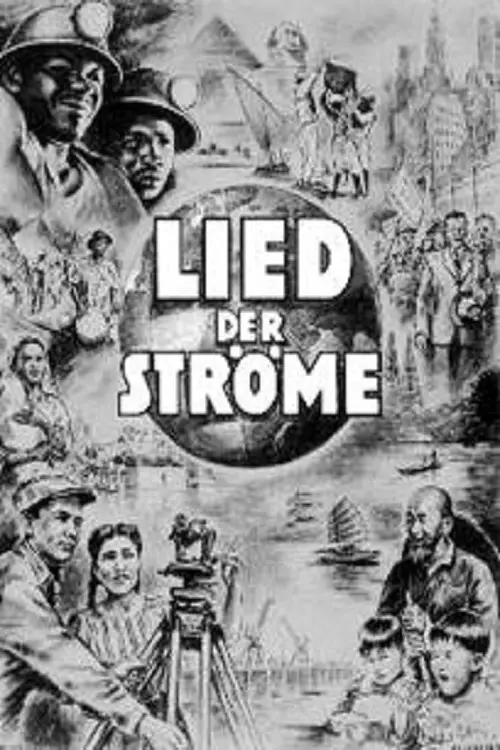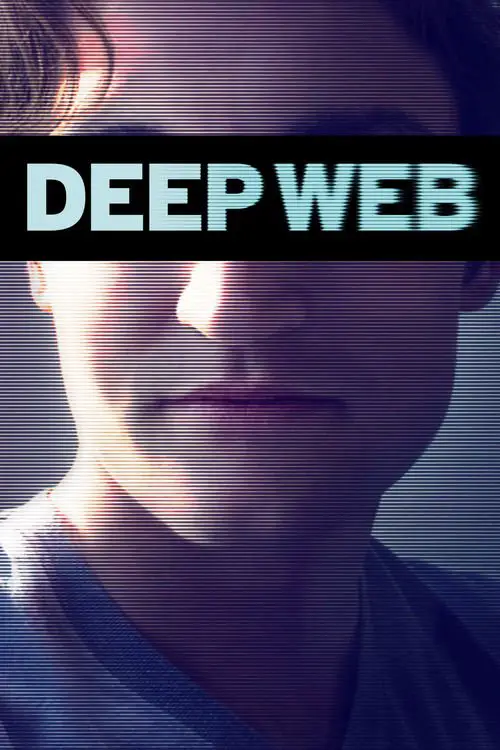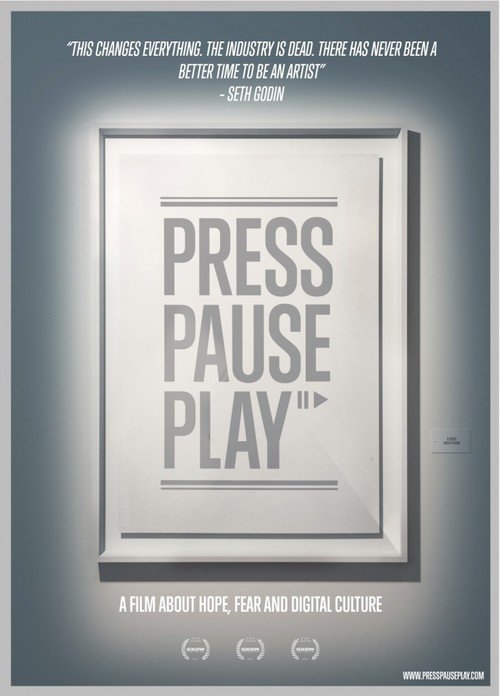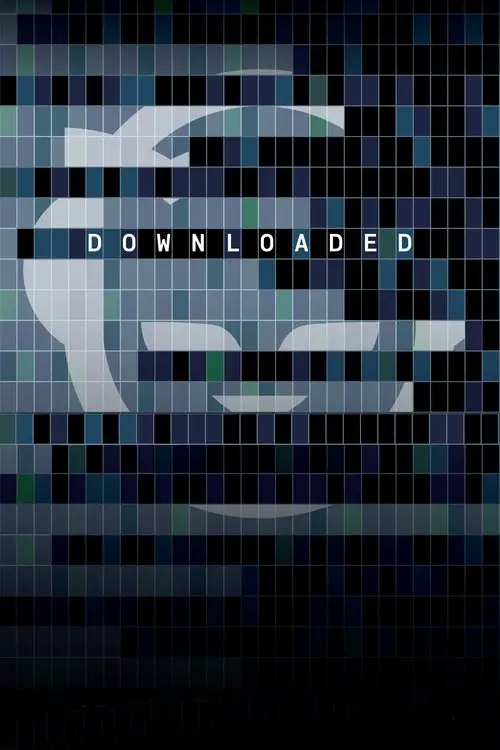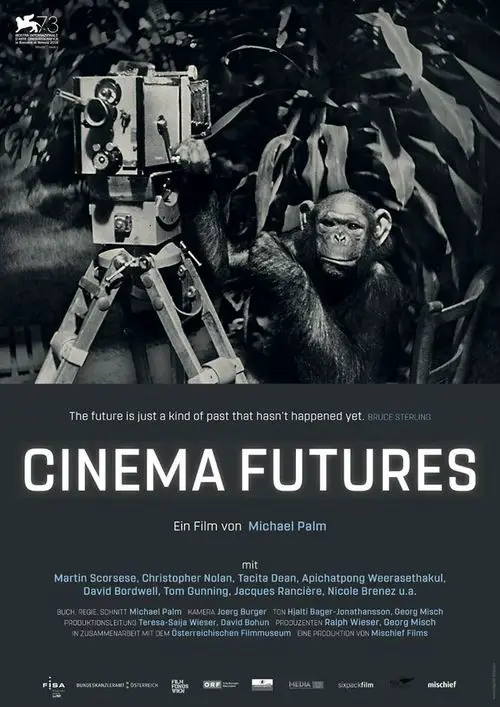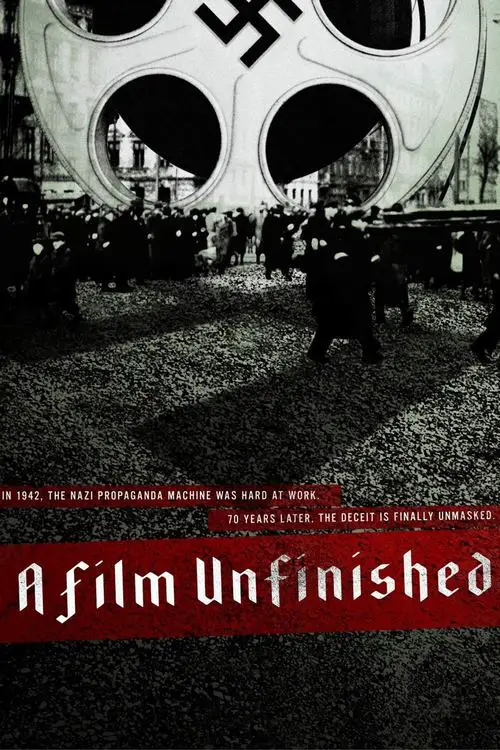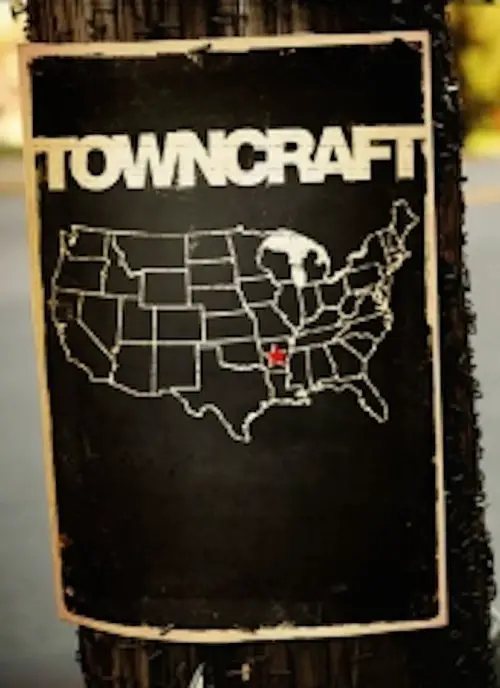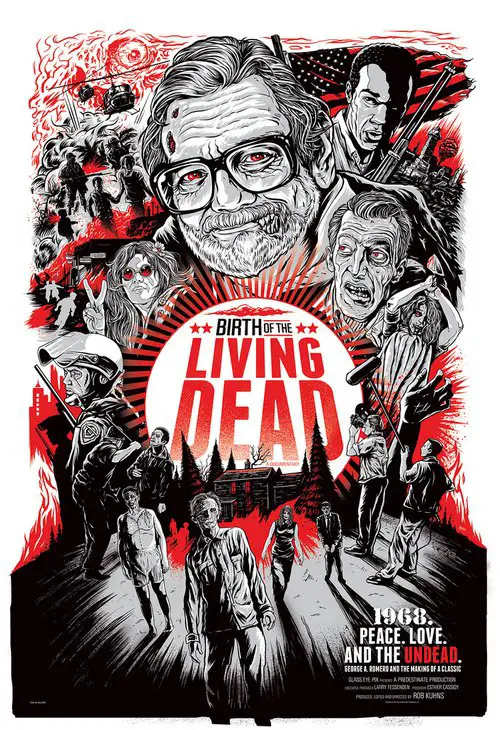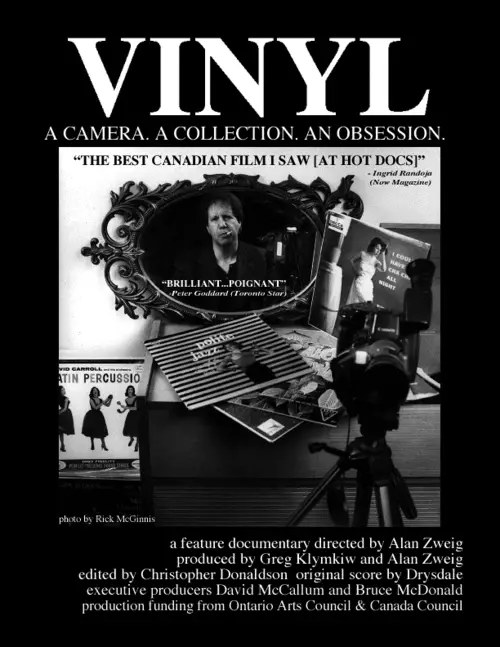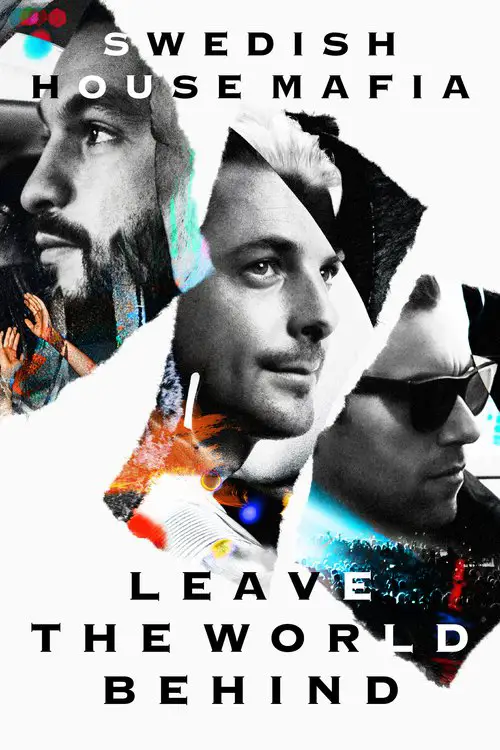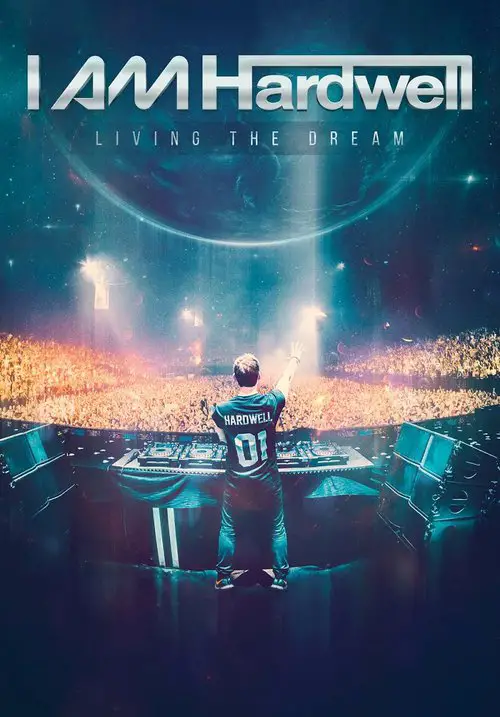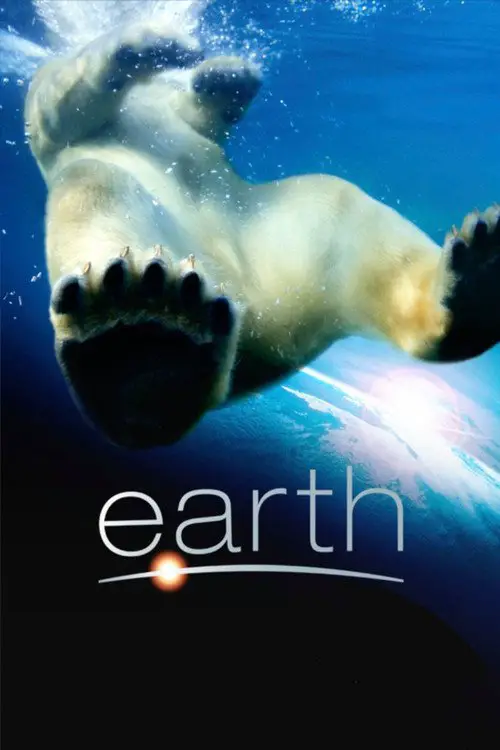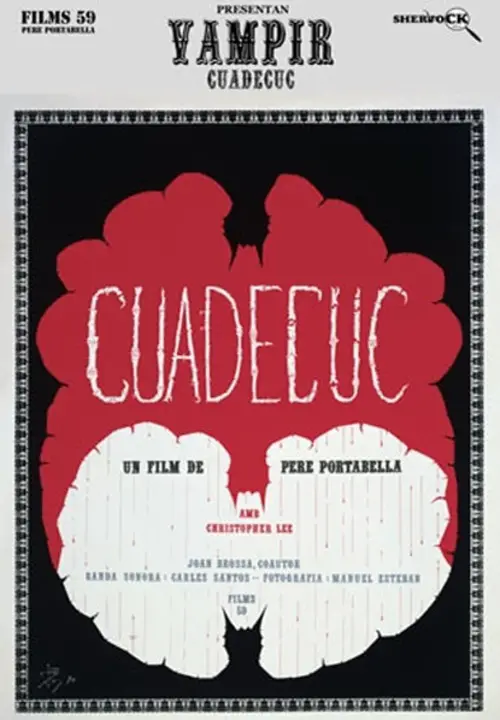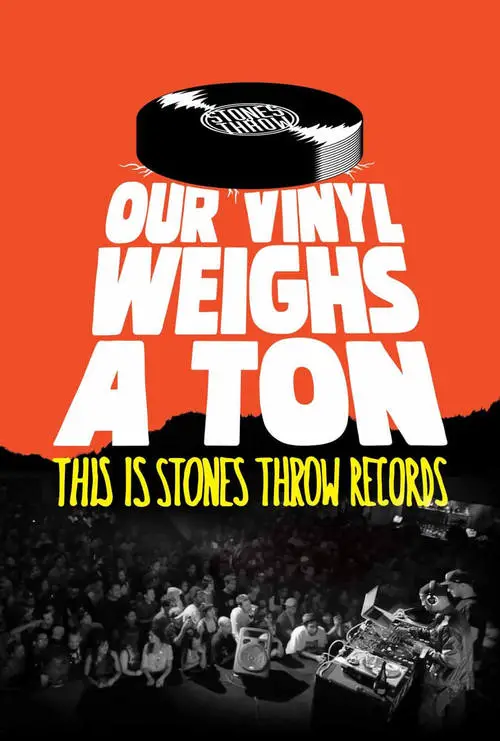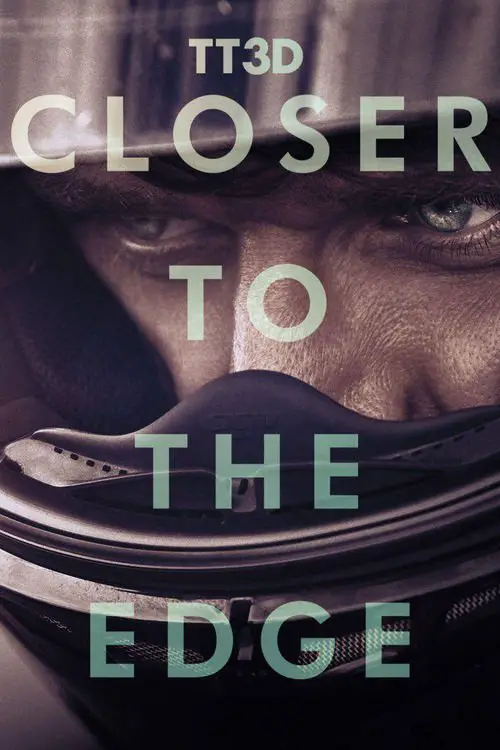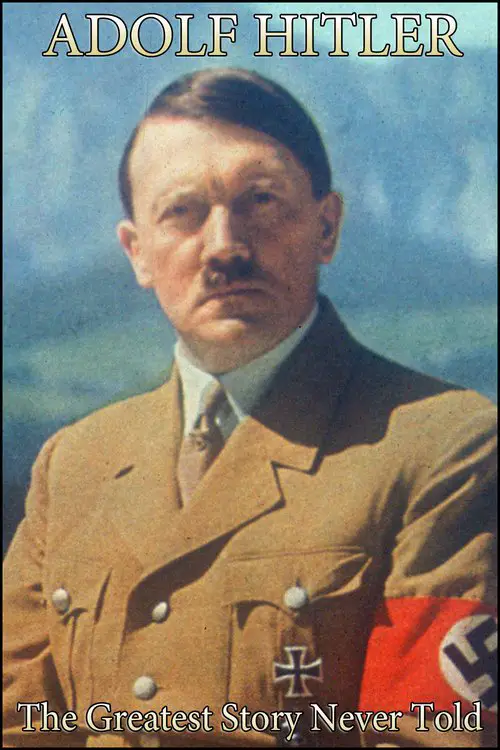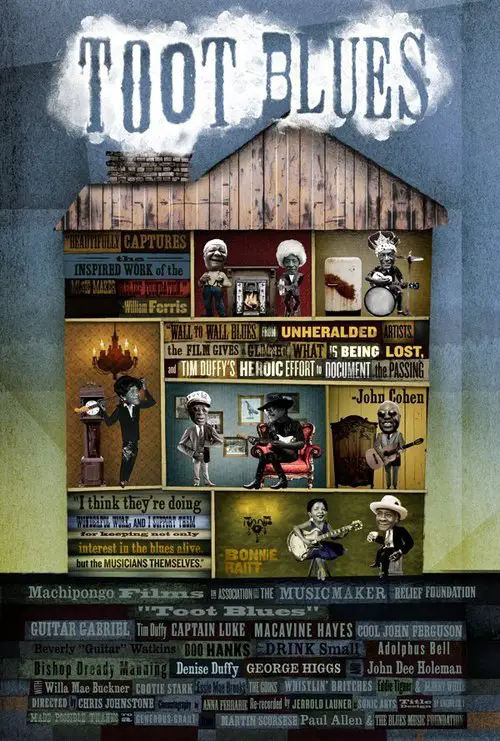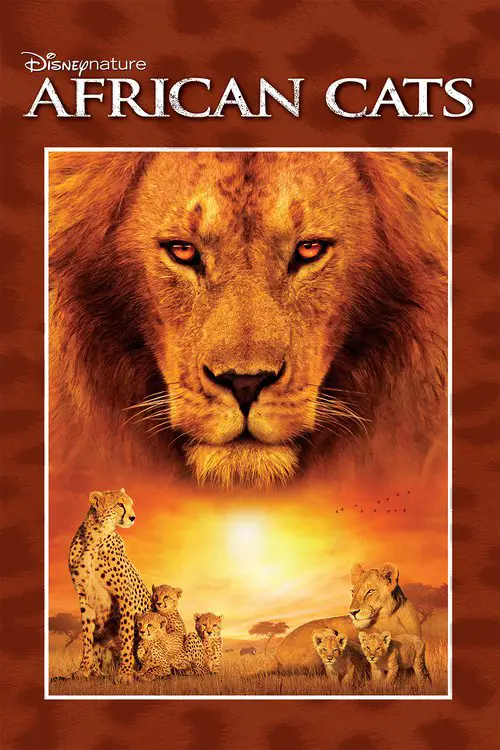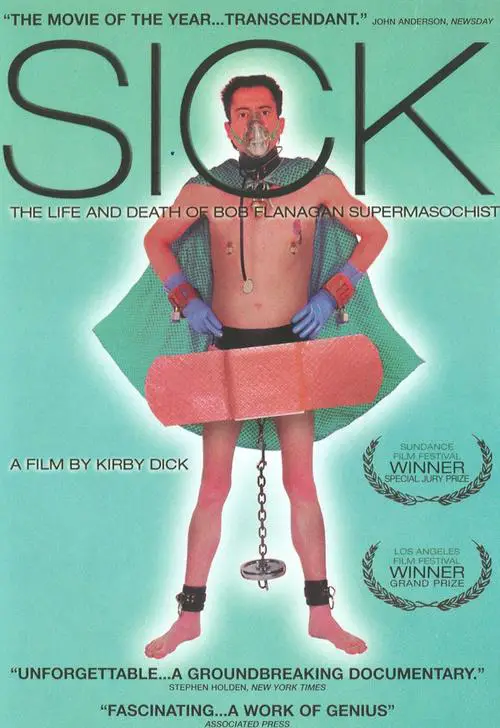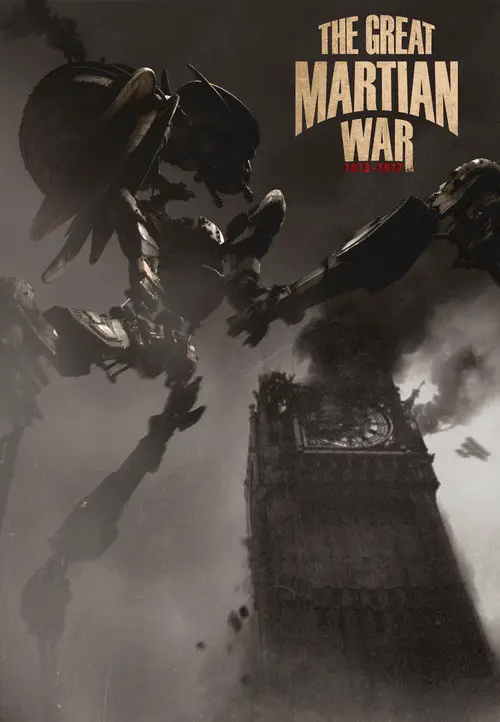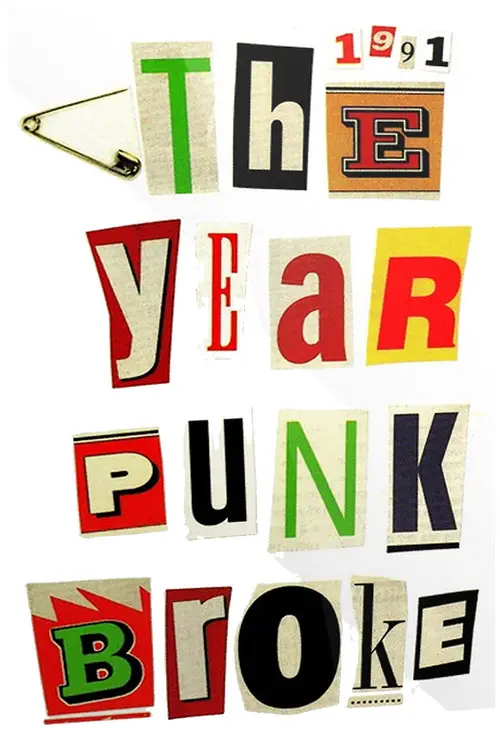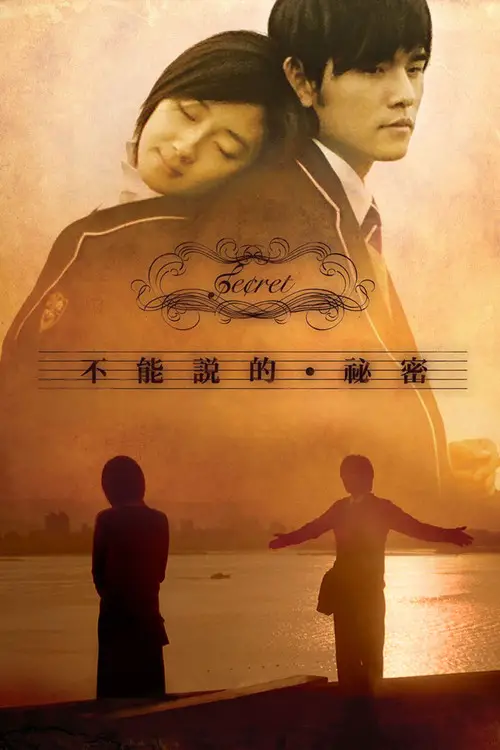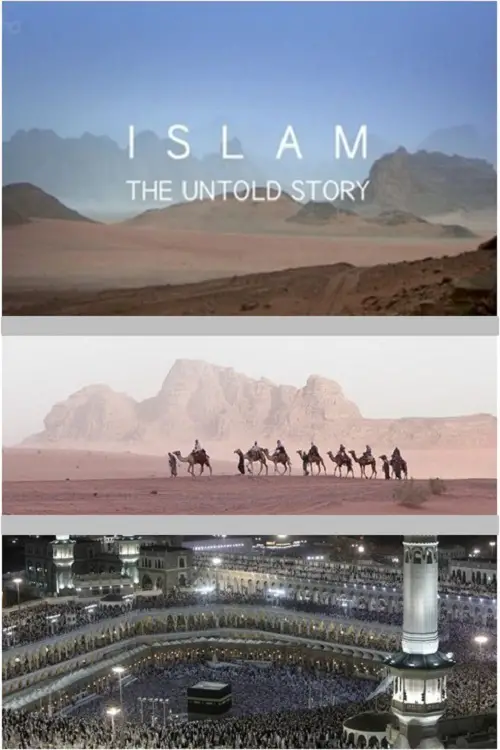Paris/Berlin: 20 Years of Underground Techno (2012)
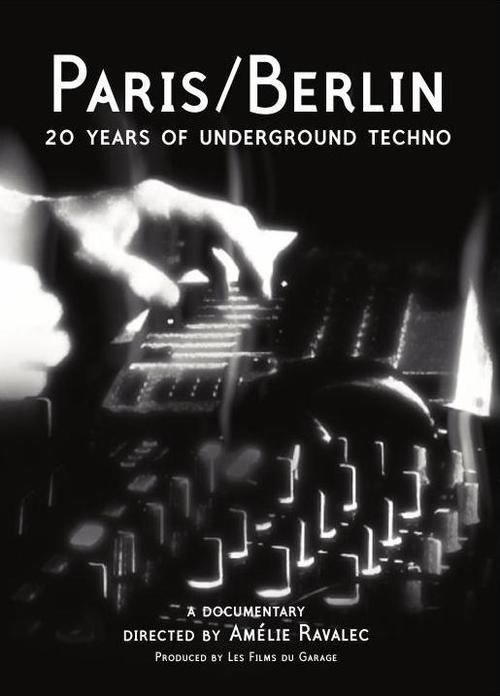
Similar movies
Artifact is a 2012 American documentary film directed by Jared Leto under the pseudonym of Bartholomew Cubbins, a recurring character in the Dr. Seuss universe. The film is a documentary about the making of the 30 Seconds to Mars album This Is War and the band's battle against record label EMI. Included in Artifact are several interviews, including the one with neurophysicist Daniel Levitin, author of the popular science book This Is Your Brain On Music. The film won the BlackBerry People's Choice Documentary Award at the 2012 Toronto International Film Festival.
The compelling feature-length documentary film, by director Barry Ptolemy, chronicles the life and controversial ideas of luminary Ray Kurzweil. For more than three decades, inventor, futures, and New York Times best-selling author Ray Kurzweil has been one of the most respected and provocative advocates of the role of technology in our future.
Whatâs the âSeilscheibenpfeilerâ? What is the origin of the first Modeselektor tracks? Where is Monkeytown? Why is riding a coach more fun than flying? These and many more questions will be answered with the documentary film We Are Modeselektor. In 72 minutes, filmmakers Romi Agel and Holger Wick tell the story of Modeselektor as a post-German reunification movie, a travel report, and a portrait of the special friendship between Gernot Bronsert and Sebastian Szary all in one. We Are Modeselektor is the story of two men, possessed by techno, who took their massive beats from their small hometown village to the world. And itâs a story that has only just begun.
Award-winning musician Björk and legendary broadcaster and naturalist Sir David Attenborough have admired each other's work for years but this is the first time they have discussed their mutual love of music and the natural world on screen. In this remarkable documentary, Björk explores our unique relationship with music and discovers how technology might transform the way we engage with it in the future.
This movie chronicles the life and times of R. Crumb. Robert Crumb is the cartoonist/artist who drew Keep On Truckin', Fritz the Cat, and played a major pioneering role in the genesis of underground comix. Through interviews with his mother, two brothers, wife, and ex-girlfriends, as well as selections from his vast quantity of graphic art, we are treated to a darkly comic ride through one man's subconscious mind.
Humanityâs ascent is often measured by the speed of progress. But what if progress is actually spiraling us downwards, towards collapse? Ronald Wright, whose best-seller, âA Short History Of Progressâ inspired âSurviving Progressâ, shows how past civilizations were destroyed by âprogress trapsââalluring technologies and belief systems that serve immediate needs, but ransom the future. As pressure on the worldâs resources accelerates and financial elites bankrupt nations, can our globally-entwined civilization escape a final, catastrophic progress trap? With potent images and illuminating insights from thinkers who have probed our genes, our brains, and our social behaviour, this requiem to progress-as-usual also poses a challenge: to prove that making apes smarter isnât an evolutionary dead-end.
Are we prepared for dealing with the prospect that humanity is not the end of evolution? Technocalyps is an intriguing three-part documentary on the notion of transhumanism by Belgian visual artist and filmmaker Frank Theys. The latest findings in genetics, robotics, artificial intelligence, bionics and nanotechnology appear in the media every day, but with no analysis of their common aim: that of exceeding human limitations. The director conducts his enquiry into the scientific, ethical and metaphysical dimensions of technological development.
Sir! No Sir! is a documentary film about the anti-war movement within the ranks of the United States Military during the Vietnam War. It consists in part of interviews with Vietnam veterans explaining the reasons they protested the war or even defected. The film tells the story of how, from the very start of the war, there was resentment within the ranks over the difference between the conflict in Vietnam and the "good wars" that their fathers had fought. Over time, it became apparent that so many were opposed to the war that they could speak of a movement.
Pray The Devil Back To Hell documents a peace movement called Women of Liberia Mass Action for Peace. Organized by social worker Leymah Gbowee, the movement started with praying and singing in a fish market. [2] Leymah Gbowee organized the Christian and Muslim women of Monrovia, Liberia to pray for peace and to organize nonviolence protests. Dressed in white to symbolize peace, and numbering in the thousands, the women became a political force against violence and against their government.
In 1971, a group of friends sail into a nuclear test zone, and their protest captures the world's imagination. Using never before seen archive that brings their extraordinary world to life, How To Change The World is the story of the pioneers who founded Greenpeace and defined the modern green movement.
Tiffany Shlain's documentary, Connected, explores the visible and invisible connections linking major issues of our time-the environment, consumption, population growth, technology, human rights, the global economy-while searching for her place in the world during a transformative time in her life. Employing a combination of animation and archival footage, Shlain constructs a chronological tour of Western modernization through the work of her late father, Leonard Shlain, a surgeon and best-selling author. Connected illuminates the beauty and tragedy of human endeavor while championing the importance of personal connectedness for understanding and coping with today's global conditions.
Free Angela is a feature-length documentary about Angela Davis and the high stakes crime, political movement, and trial that catapults the 26 year-old newly appointed philosophy professor at the University of California at Los Angeles into a seventies revolutionary political icon. Nearly forty years later, and for the first time, Angela Davis speaks frankly about the actions that branded her as a terrorist and simultaneously spurred a worldwide political movement for her freedom.
A Force More Powerful is a 1999 feature-length documentary film and a 2000 PBS series written and directed by Steve York about non-violent resistance movements around the world. Executive producers were Dalton Delan and Jack DuVall. Peter Ackerman was the series editor and principal content advisor.
Controversial anatomist Dr. Gunther von Hagens lays bare the intricacy and beauty of the human design and lifts the lid on the mysteries of our own bodies. At the heart of each programme is a human dissection, carried out by controversial anatomist Dr. Guther von Hagens, and commentary by pathologist Professor John A. Lee. Movement - Demonstration of muscles, skin, tendons, bone and the nervous sy
A documentary film that highlights two street derived dance styles, Clowing and Krumping, that came out of the low income neighborhoods of L.A.. Director David LaChapelle interviews each dance crew about how their unique dances evolved. A new and positive activity away from the drugs, guns, and gangs that ruled their neighborhood. A raw film about a growing sub-culture movements in America.
Chronicles the history, ideology and aesthetic of Norwegian black metal - a musical subculture infamous as much for a series of murders and church arsons as it is for its unique musical and visual aesthetics. This is the first (and only) film to truly shed light on a movement that has heretofore been shrouded in darkness and rumor and obscured by inaccurate and shallow depictions. Featuring exclusive interviews and verité with the musicians, a wealth of rare, seldom seen footage from the "Inner Circle's earliest days, Until the Light Takes Us explores every aspect of the controversial movement that has captured the attention of the world. This is the movie that gets inside the minds and hearts of black metal's musicians.
In this one-hour documentary, superstar Miley Cyrus allows unprecedented access into her extraordinary life as she rises to the challenge of presenting a new and sometimes controversial persona to the public. As a teenage star, Miley amassed millions of passionate international fans who followed her every move. Three years later, she attempts to shed her previous image while embracing music full time. Whether in the studio, at a performance, or on the set of her latest music video, Miley exudes the confidence of a creative young woman in a period of radical self-discovery who still inspires legions of admirers while confronting her critics. Ultimately, the film is an intimate portrait that captures Miley's exuberantand spirited life, her evolving identity, and her exciting transformation into amusic icon.
This documentary depicts the filmmaker Alejandro Jodorowsky talking about his life, his loves, his career as a filmmaker, graphic novelist, and workshop leader, and his eccentricities including tarot reader and theatrical director during The Panic Movement. Directed by Louis Mouchet, La Constellation Jodorowsky includes a lengthy on-camera interview with Jodorowsky in Spanish with subtitles. Marcel Marceau, Fernando Arrabal, Peter Gabriel, Jean "Moebius" Giraud, and Jean Pierre Vignau make appearances discussing their various projects with the director. In addition to the interview and film clips, Mouchet features some bizarre footage from Jodorowskyâs absurdist plays in which topless women splattered with paint writhe around the stage in a theatrical production meant to represent The Panic Movement, i.e., an artistic expression in which reason cannot fully express the human experience.
The Song of the Rivers, or Das Lied der Ströme, is a 1954 documentary production by the East Germany's Deutsche Film-Aktiengesellschaft (DEFA). Dutch filmmaker Joris Ivens was the leading director. The sprawling film celebrates international workers movements along six major rivers: the Volga, Mississippi, Ganges, Nile, Amazon and the Yangtze. Shot in many countries by different film crews, and later edited by Ivens, Song of the Rivers begins with a lyrical montage of landscapes and laborers and proceeds to glorify labor and modern industrial machinery. The musical score is by Dmitri Shostakovich, with lyrics written by Berthold Brecht, and songs performed by German communism's star Ernst Busch and famous American actor, singer and activist Paul Robeson who also narrates. Song of the Rivers is an ode to international solidarity.
Since the invention of cinema, the standard format for recording moving images has been film. Over the past two decades, a new form of digital filmmaking has emerged, creating a groundbreaking evolution in the medium. Keanu Reeves explores the development of cinema and the impact of digital filmmaking via in-depth interviews with Hollywood masters, such as James Cameron, David Fincher, David Lynch, Christopher Nolan, Martin Scorsese, George Lucas, Steven Soderbergh, and many more.
Deep Web gives the inside story of one of the the most important and riveting digital crime sagas of the century -- the arrest of Ross William Ulbricht, the convicted 30-year-old entrepreneur accused to be 'Dread Pirate Roberts,' creator and operator of online black market Silk Road. The film explores how the brightest minds and thought leaders behind the Deep Web are now caught in the crosshairs of the battle for control of a future inextricably linked to technology, with our digital rights hanging in the balance.
The digital revolution of the last decade has unleashed creativity and talent of people in an unprecedented way, unleashing unlimited creative opportunites. But does democratized culture mean better art, film, music and literature or is true talent instead flooded and drowned in the vast digital ocean of mass culture? Is it cultural democracy or mediocrity? This is the question addressed by PressPausePlay, a documentary film containing interviews with some of the worldâs most influential creators of the digital era.
The âdigital revolutionâ reached the cinema late and was chiefly styled as a technological advancement. Today, in an era where analog celluloid strips are disappearing, and given the diversity of digital moving picture formats, there is much more at stake: Are the worldâs film archives on the brink of a dark age? Are we facing the massive loss of collective audiovisual memory? Is film dying, or just changing? CINEMA FUTURES travels to international locations and, together with renowned filmmakers, museum curators, historians and engineers, dramatizes the future of film and the cinema in the age of digital moving pictures.
Yael Hersonski's powerful documentary achieves a remarkable feat through its penetrating look at another film-the now-infamous Nazi-produced film about the Warsaw Ghetto. Discovered after the war, the unfinished work, with no soundtrack, quickly became a resource for historians seeking an authentic record, despite its elaborate propagandistic construction. The later discovery of a long-missing reel complicated earlier readings, showing the manipulations of camera crews in these "everyday" scenes. Well-heeled Jews attending elegant dinners and theatricals (while callously stepping over the dead bodies of compatriots) now appeared as unwilling, but complicit, actors, alternately fearful and in denial of their looming fate.
This flick interviews up and coming glam bands who made their home in the L.A. scene. Also interviewed are some of the genre's idols including Kiss, Aerosmith, Alice Cooper, Poison, Megadeth, Lemmy from Motorhead and of course, Ozzy. Also, spotlighted performances from bands such as Faster Pussycat, Odin, London (Nikki Sixx's old band), Seduce and Megadeth. The movie's range of topics include groupies, alcoholism, drugs, the glam image and why it attracted so many people from many walks of life. The movie's funniest (and saddest) segment includes filmmaker Penelope Spheeris's attempt to interview a W.A.S.P. guitarist in his pool, drunk as a skunk and with his MOM sitting right there!
Bullet in a Bible documents one of the two biggest shows that Green Day have performed in their career. They played in front of a crowd of over 130,000 people at the Milton Keynes National Bowl in United Kingdom on June 18â19, 2005. The band was supported by Jimmy Eat World, Taking Back Sunday, and Hard-Fi during their American Idiot world tour. Fourteen of the twenty songs performed at these shows were included on the disc; missing out "Jaded", "Knowledge", "She", "Maria", "Homecoming" and "We Are The Champions".
Bullet in a Bible was released as a double-LP set on November 10, 2009, as part of the band's 2009 vinyl re-release campaign.
A music documentary following the breakup of Swedish House Mafia and their subsequent One Last Tour. The largest electronic tour in history, selling over 1 million tickets in one week. Director Christian Larson captures the band in a unique fly on the wall manner as they call it quits and seek closure by going on the tour they had always dreamed of. With breathtaking live moments, huge laughs and dark lows, the band start to unravel why they came to the decision to end the biggest achievement of their lives to date to save their friendship. The film maps out three of the biggest stars in a scene which has gripped youth the world over and the psychology of the band. A film not to be missed.
Even more than the previous movie 'I AM Hardwell - Living the dream' will let you experience the music. Starting with the 27-year-old Robbert van de Corput, working on new musical ideas in his studio, followed by the mass hysteria in Delhi and unprecedented footage of the 'I AM Hardwell' concert shows where ten thousands of people worldwide shared in the music, passion and energy of what a Hardwell show is all about. It's a gateway into the life of a musical pioneer on the road to accessing the peak of his artistic powers.
Vampir-Cuadecuc is a 1970 experimental feature film by Catalan filmmaker Pere Portabella. The entire film is photographed on high contrast black & white film stock, which gives it the appearance of a degraded film print, evoking early Expressionist horror films such as F. W. Murnau's Nosferatu or Carl Theodor Dreyer's Vampyr. It was shot on the set of Jesus Franco's Count Dracula, starring Christopher Lee and Herbert Lom. The sound track is by frequent Portabella collaborator Carles Santos, and the only spoken dialogue in the film appears only in the last scene, which features Lee reading from Bram Stoker's original novel.
Under the direction of founder and world-renowned DJ Peanut Butter Wolf, Stones Throw Records has consistently released critically acclaimed, left-of-center albums since its founding in 1996. Drawing on live concert footage, never-before-seen archival material, inner-circle home video and photographs and in-depth interviews with the folks who put Stones Throw on the map, this documentary will delve deeper into the label's enigmatic artists, history, culture and global following.
By vividly recounting the TT's legendary rivalries and the Isle of Man's unique road racing history, this 3D feature documentary discovers why modern TT riders still risk their lives to win the world's most dangerous race. The Isle of Man Tourist Trophy is the greatest motorcycle road race in the world, the ultimate challenge for rider and machine. It has always called for a commitment far beyond any other racing event, and many have made the ultimate sacrifice in their quest for victory. A story about freedom of choice, the strength of human spirit and the will to win. It's also an examination of what motivates those rare few, this elite band of brothers who risk everything to win.
Another Day At The Office offers an exclusive look at Tiësto on the road. We've followed him around the world, starting in the summer of 2002 until the end of the year. We've covered high-profile parties as Cream Ibiza, Bloemendaal, Impuiz Outdoor, ID&T Innercity, Motion Open Air Switzerland, and several gigs from North American Area2 tour just to name a few.
Far outside what's normally taught as "history", this 6-hour documentary attempts to explain what's normally glossed over - Germany's actions prior to WWII, Hitler's popularity, the support of the Nazis by the Germans, the basis for hardline Nazi stances against Jews, and why Nazism was such a danger to the established world powers. It chronicles the German WWI defeat, communist attempts to take over Germany; hyperinflation during the Weimar Republic, widespread unemployment and misery that served as the foundation of Nazi principles, and Hitlerâs amazing rise to power. It also reveals a personal side of Hitler: his family background, his artwork and struggles, and what motivated him to pursue a career in politics. While open to criticism for being "pro-Nazi" in its perspectives, the documentary does present many factual foundations for those perspectives, highlighting an endless list of hypocrisies and double-standards imposed on Germany in the years before, during, and after WWII.
In the late 1980s, Tim Duffy, a penniless North Carolina musicology student, became deeply involved in Winston-Salem's drinkhouse music scene, an off-the-grid hotbed of gritty traditional blues. He began the foundation after observing and living with the deep poverty of the Southern blues artists he befriended and championed.The foundation now helps hundreds of older Southern musicians with everything from financial assistance to tour support. The film travels back to the early artists that were the inspiration for Music Maker, and forward to the current artists carrying on the Southern roots tradition. The film features performances, archival and contemporary, of Music Maker artists on tour and in the studio, as well as interviews with the artists and Duffy on the foundation, music and the blues.
African Cats captures the real-life love, humor and determination of the majestic kings of the savanna. The story features Mara, an endearing lion cub who strives to grow up with her motherâs strength, spirit and wisdom; Sita, a fearless cheetah and single mother of five mischievous newborns; and Fang, a proud leader of the pride who must defend his family from a once banished lion.
Documentary-drama recounting the Martian War of 1913 - 1917. Europe was on tenterhooks in the 2nd decade of the 20th century, everyone was expecting a Great War between the major European powers. But then, in 1913, something crashed into the forests of SW Germany. Troops were sent to investigate but were wiped out. Martian fighting machines began making their way across Western Europe and the countries of Europe combined forces to resist them. With aspects taken from "The War of the Worlds" by H.G. Wells and from WWI itself, this dramatisation presents a documentary style look at events as they unfolded and the effect they had of our world today. Lots of references to real events including the mass attacks and defeats as men were thrown against machines on the Western front, the Christmas truce and the Angel of Mons, America's isolationism and late entry into the conflict, the worldwide "Spanish" flu epidemic that killed more people than the war, and many other things.
Germany in Autumn does not have a plot per se; it mixes documentary footage, along with standard movie scenes, to give the audience the mood of Germany during the late 1970s. The movie covers the two month time period during 1977 when a businessman was kidnapped, and later murdered, by the left-wing terrorists known as the RAF-Rote Armee Fraktion (Red Army Faction). The businessman had been kidnapped in an effort to secure the release of the orginal leaders of the RAF, also known as the Baader-Meinhof gang. When the kidnapping effort and a plane hijacking effort failed, the three most prominent leaders of the RAF, Andreas Baader, Gudrun Enslin, and Jean-Carl Raspe, all committed suicide in prison. It has become an article of faith within the left-wing community that these three were actually murdered by the state.
Ye Xiang Lun is a music student majoring in piano who just transferred to Tamkang, a school famous for its musically talented students, especially those who play piano. On his first day of school, he hears a mysterious melody being played, and following it meets Lu Xiao Yu, another piano major. When he asks her about the song she was playing, she tells him that it is a secret that cannot be told. The two form a friendship that quickly evolves into a romantic relationship. However unbeknownst to Xiang Lun, there is more to Xiao Yu than initially meets the eye.
© Valossa 2015–2026
| Privacy Policy
